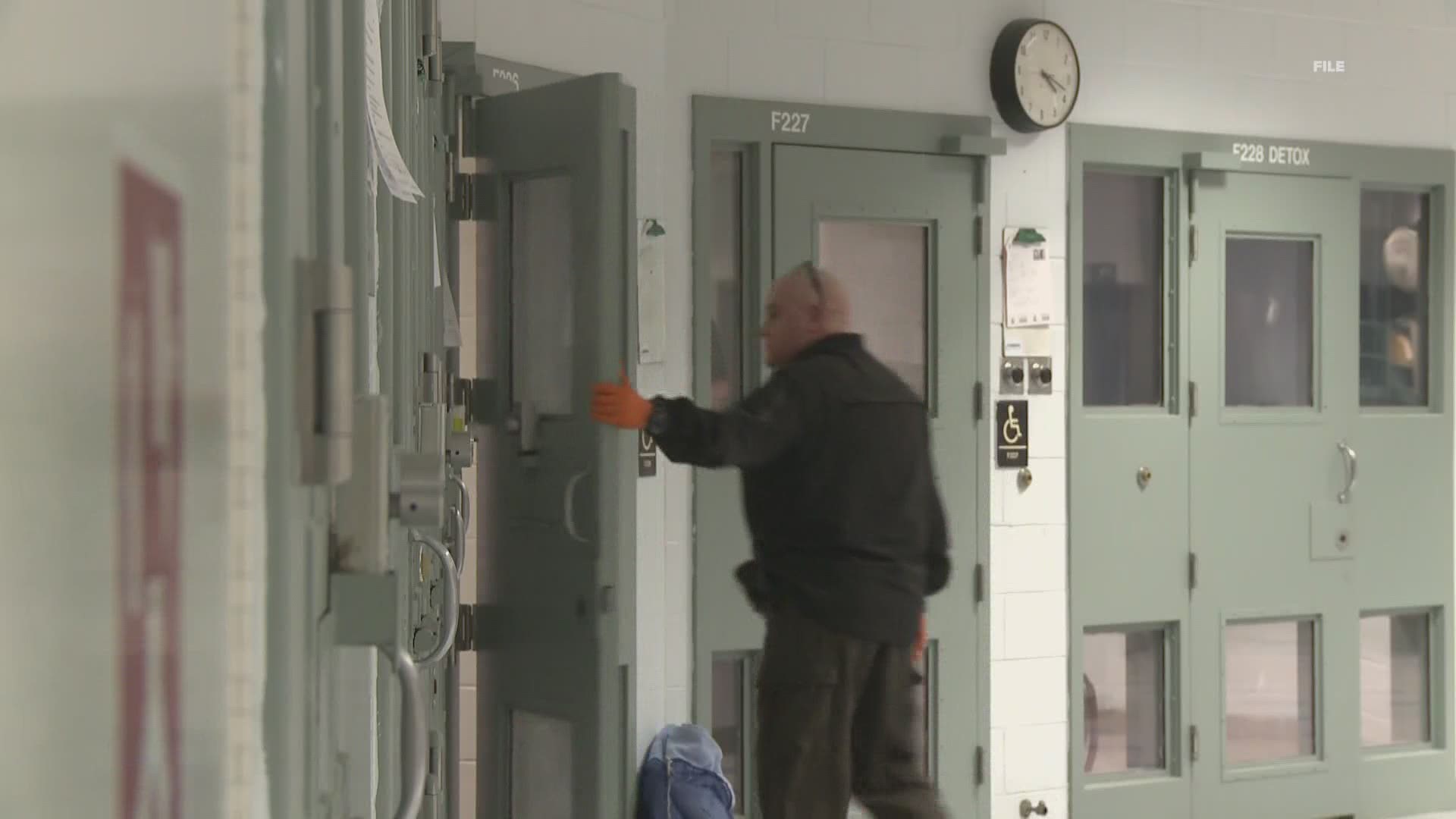AUGUSTA, Maine — The tragic death of a child in a 2019 car accident led to Maine Legislators being asked Wednesday to limit the amount of overtime county jail corrections officers are allowed to work.
Two years ago, a Cumberland County jail corrections officer fell asleep at the wheel and his truck smashed into another vehicle, pushing it into oncoming traffic. There, it collided with an oncoming car and the nine-year-old passenger was killed.
The driver of the truck has just finished a 16-hour shift at the jail, one of many double shifts he had worked.
Sheriffs said frequent overtime is a fact of life among jail staff because they are consistently unable to hire and retain an adequate number of correction workers. Sometimes overtime is voluntary, sometimes mandatory, as jails don’t have the option to close or cut back when staffing is tight, Penobscot County Sheriff Troy Morton, current President of the Maine Sheriffs Association, said.
Rep. Benjamin Collings (D-Portland) is asking the Legislature to pass his bill to require an eight-hour rest period for officers after a 16-hour shift.
“It's a safety concern for prisoners, a safety concern for officers working at jails for different counties, its a safety concern for the public who might be walking along the road and someone is tired because they worked many hours continuously many days in a row,” Collings told the Criminal Justice Committee.
Sheriff Morton acknowledged the problem but said the fix provided by Collings’ bill would not help.
“Simply having a Legislative bill that tells us how overtime is dispersed might not be a fix, it won’t get to the root of the problem,” said Morton.
“We have to resolve the root (cause) of the problem before we put something like this in place.”
That cause, he said, is actually multiple causes. Starting pay for corrections officers is often considerably less than that for other jobs, Morton said. The nature of the work only appeals to a certain number of people, and he said fewer are interested than ever because of the many demands on officers from inmates with drug and mental health issues. In addition, he said state corrections jobs often pay better, and even those can be difficult to fill.
Morton said he and other sheriffs will work with the Committee to at least examine the problem and discuss the range of issues that need to be addressed.
Collings said something needs to be done.
“I know this leaves the sheriffs in a tough spot, but we can’t kick the can down the road anymore.”

